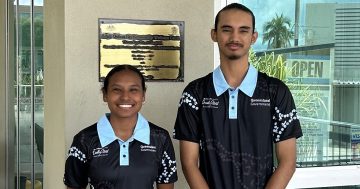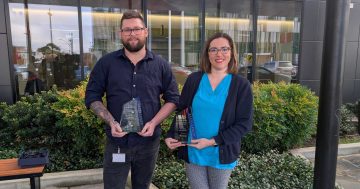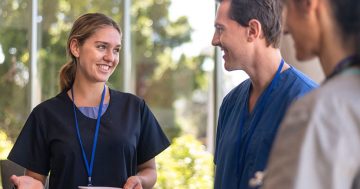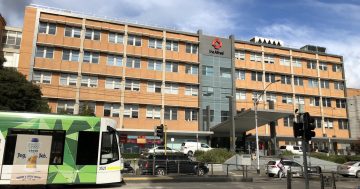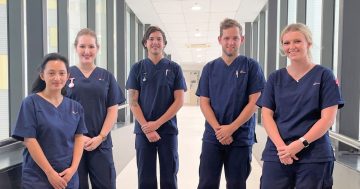 School students hoping to join Queensland’s health workforce including First Nations people, are to receive encouragement in the form of pathways offered to help them achieve their careers.
School students hoping to join Queensland’s health workforce including First Nations people, are to receive encouragement in the form of pathways offered to help them achieve their careers.
Announced by the Minister for Health and Ambulance Services, school traineeships for high school students in health support services are to be tripled and aimed at helping proof the frontline and ease pressure on the public health system.
The Minister, Yvette D’Ath, revealed the number of annual school-based traineeships is to increase from the 100 this year to 300 in 2023.
“We’re committed to growing and nurturing the next generation of our clinical workforce,” Ms D’Ath said.
“That’s why we’re funding more places for Queensland high school students in nursing and patient support services, allied health assistance, dental assistance, and administration across our health and hospital system,” she said.
“Our health workforce initiatives are about ensuring a pipeline of enthusiastic and skilled healthcare workers to deliver world-class healthcare.”
Ms D’Ath said the school-based traineeship involved 375 hours of practical learning over a 12-to-18-month period, with students completed a Certificate III across a range of health support service qualifications.
She said 91 school students were already completing their school-based traineeships, including 30 Deadly Start students in the Metro North Health and Hospital System, and nine students from Mackay Hospital’s Big Dream, Small Steps Program.
The Minister for Aboriginal and Torres Strait Islander Partnerships, Craig Crawford said programs such as Deadly Start delivered improved health outcomes for students of the program and First Nations patients.
“The students at Deadly Start are embarking on a rich journey and career in health,” Mr Crawford said.
“Graduate students of the program are now working as employees in our health system, and others are undertaking further education in their health-related field,” he said.
“The program’s culturally responsive approach connects students with staff, fostering a community to guide them in their health careers and delivering increased cultural capabilities across the board.”


